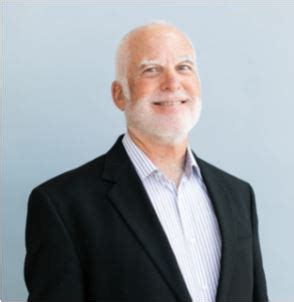A Quote by Charles Bukowski
take a writer away from his typewriter and all you have left is the sickness which started him typing in the beginning
Related Quotes
Take away material prosperity; take away emotional highs; take away miracles and healing; take away fellowship with other believers; take away church; take away all opportunity for service; take away assurance of salvation; take away the peace and joy of the Holy Spirit... Yes! Take it all, all, far, far away. And what is left? Tragically, for many believers there would be nothing left. For does our faith really go that deep? Or do we, in the final analysis, have a cross-less Christianity?
I will trust Him. Whatever, wherever I am, I can never be thrown away. If I am in sickness, my sickness may serve Him; in perplexity, my perplexity may serve Him; if I am in sorrow, my sorrow may serve Him. My sickness, or perplexity, or sorrow may be necessary causes of some great end, which is quite beyond us. He does nothing in vain.
The analytical writer observes the reader as he is; accordingly, he makes his calculation, sets his machine to make the appropriate effect on him. The synthetic writer constructs and creates his own reader; he does not imagine him as resting and dead, but lively and advancing toward him. He makes that which he had invented gradually take shape before the reader's eyes, or he tempts him to do the inventing for himself. He does not want to make a particular effect on him, but rather enters into a solemn relationship of innermost symphilosophy or sympoetry.
I started typing diary in, I don't know, 1978 or '79, but then the computer changed that a lot. Because with the computer if you were writing and you realized you had three sentences in a row that started with the word "he," you could fix that right up, whereas on a typewriter you'd think, "Well, I'm not going to change the whole page. It's my diary." So that made a difference.
When Christ was about to leave the world, He made His will. His soul He committed to His father; His body He bequeathed to Joseph to be decently interred; His clothes fell to the soldiers; His mother He left to the care of John; but what should He leave to His poor disciples that had left all for Him? Silver and gold He had none; but He left them that which was infinitely better, His peace.
I wish he hadn't gone and cut his hair. He looks about eight years old. His ears have tripled in size. Everyone's started calling him Dumbo. Which wouldn't be so bad, except they've started calling me Mrs. Dumbo. You can't even tell he's got curly hair anymore. There's nothing left to run my fingers through. Just this weird blond AstroTurf sprouting out of his skull.





































